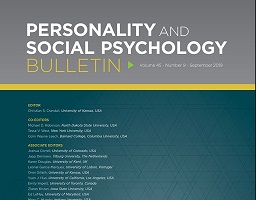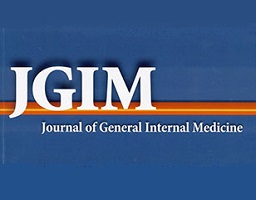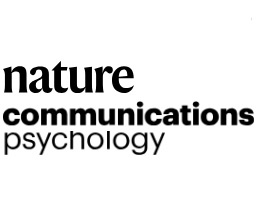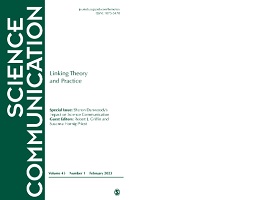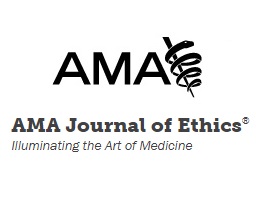Abstract
When expert advisors have conflicts of interest, disclosure is a common regulatory response. In four experiments (three scenario experiments involving medical contexts, and one field experiment involving financial consequences for both parties), we show that disclosure of a financial or nonfinancial conflict of interest can have a perverse effect on the advisor–advisee relationship. Disclosure, perhaps naturally, decreases an advisee’s trust in the advice. But disclosure can also lead to concern that failure to follow advice will be interpreted as a signal of distrust. That is, rejecting the advice could suggest that the advisee is insinuating that the advisor could be biased by the conflict of interest. We show that this insinuation anxiety persists whether the disclosure is voluntary or required by law and whether the disclosed conflict is big or small, but it diminishes when the disclosure is made by an external source rather than directly by the advisor.
